All political parties must learn to adhere to the best practices of parliamentary protocol and work for the welfare of the people in tandem
We are in the 75th year of independence and have grown from 30 crore in 1947 to 142 crore in 2023. People are happy that the country has got a new swanky Parliament building. Our generation who were born after independence is particularly lucky that we have not seen the days when our parents and forefathers were ruled by foreign powers, faced severe hardships and who were longing for freedom and a bright future for their children. Much water has flown in river Ganga since the midnight of 14th August 1947 when the erudite Jawaharlal Lal Nehru gave the historic famous ‘Tryst with Destiny speech’ one of the best speeches ever given by Pandit Nehru in the Constitution Assembly igniting the fury of hope for a bright future for the people and the country. The Constitution Assembly enacted the Constitution of India and adopted it on 26th January 1950 and thus India that is Bharat became a Republic and our journey of modern democracy started in 1937 and took shape on firm footings. Ever since the British initiated some semblance of limited democratic self-rule in provinces, we have had a tumultuous start with a democratic electoral system after the 1935 Government of India Act.
Now the time has come to assess the type of Democracy we Indians are following in our country so that if needed a course correction can be done. The word Democracy is a Greek word “demos” meaning people “Kratos” meaning power when it was established in the 5th century BC in Athens under ‘Cleisthenes’ –the father of Athenian democracy. It is in simple words ‘the power of the people’ and very well defined by the former President of America Abraham Lincoln “Of the people, by the people and for the people”. In modern world the two main principle of democracy are the concept of equality and the individual autonomy. However, Indian system of Democracy was very well described by the Vedas very beautifully in some slokas of Rig Veda which mentions it as a thriving republican form of Government in India. There are slokas in Rig Veda which stated that there were self governing bodies in the villages’ and Republican congregations. However, over the years the systems of kings and power brokers ruled the roost but even then there was a Panchayat (council of five persons) system of governance in each village and it continued in one form or the other. But during the Medieval period and thereafter village feudalism started becoming stronger and became further strong in the British period when the county’s resources were exploited by the British and poverty got accentuated and compounded by many famines.
In the recent modern system, the principles of democratic government are- human dignity and protection of individual rights, liberty and freedom of choice for electing the rulers in a pluralistic multi-party system and separation of executive, legislatures and judiciary with a vibrant free press. One of the fundamentals of the success of democracy is respect for its core values and dissent. In most parts of the world, rulers profess to be democratic even those who rule through one-party rule like the communists call themselves democrats. One of the forms of democracy which India adopted is witnessed in Great Britain which is having an unwritten constitution under the monarchy. Then we have the French and American systems with their plus and minuses. In most African countries democracy falls between partial democracy to autocracy and dictatorship by misusing democratic norms.
So while assessing the Indian democracy we must look at the way we conform to the core values of Liberty, equality and fraternity in our governing system. On the positive side we have achieved a semblance of stability of governance with well-entrenched, fair and independent electoral proceedings; have ensured self-sufficiency in food grain production through the Green Revolution, increased life expectancy from 32 years in 1947 to 70 years in 2022, Eradication of Polio, Space, Nuclear and other Technologies including medical science, Gender equality, Education, Milk production through white Revolution and a robust Defence structure.
However, there are many negative fallouts of democracy that a country of immense diversity is facing and for which the people as well as the political parties are equally responsible. More than 80 per cent of politicians as well as people are not bothered about the real tenets of democracy and how to practice it. This is the only country in the world where citizenship can be obtained with fake documents and even Aaadhar cards are made by procuring such documents. The reason for this is the lack of genuine commitment among the citizens, bureaucracy and political class for ensuring the national integrity and protecting its heritage. These documents obtained fraudulently are then used for getting voter identity cards.
One of the conditions for a voter’s id is that the applicant should be ordinarily a resident of the locality where he wants to register as a voter. This condition is, however, never seriously examined with the results that several foreigners have become Indian citizens and vote bank politics is seriously compromising the national interests. It ultimately foments social tensions and had created serious problems of security of the country and law and order-related issues. Take the example of the recent Manipur riots.
Till a few decades ago the population of Chuda Chandpur District was only sixty thousand but now it is several lakhs and unusually high due to the influx of Kuki and Naga tribes from Myanmar. The cross-border drug peddlers are one of the root causes of disturbance in Manipur and the vote bank politics have led to more and more influx of foreigners not only in Manipur but all over India. The Assam agitation was the fallout of the settlement of foreigners. In Uttarakhand foreigners and outsiders are taking advantage of migration in the hills and settling in large numbers threatening the culture and ecology of the fragile border state.
We talk about foreign interference like George Soros's funding to destabilize the Indian government and Hinderberg publishing a report on Adani which led to the share market crash of Adani share but we must remember why only Asian and African countries are targeted by them. It is because we have chinks in our society and democracy in which we do not hesitate to take the help of outsiders to settle scores with opponents and ever since the telecast of our parliament’s proceedings began that provides fodder for them to intervene in our affairs.
All political parties must ponder over and learn good things about other countries' parliamentary protocols and work for the welfare of our people and make India a true world power.
(VK Bahuguna: The writer is former Director-General of ICFRE, Ministry of Environment, Forest and Climate Change)







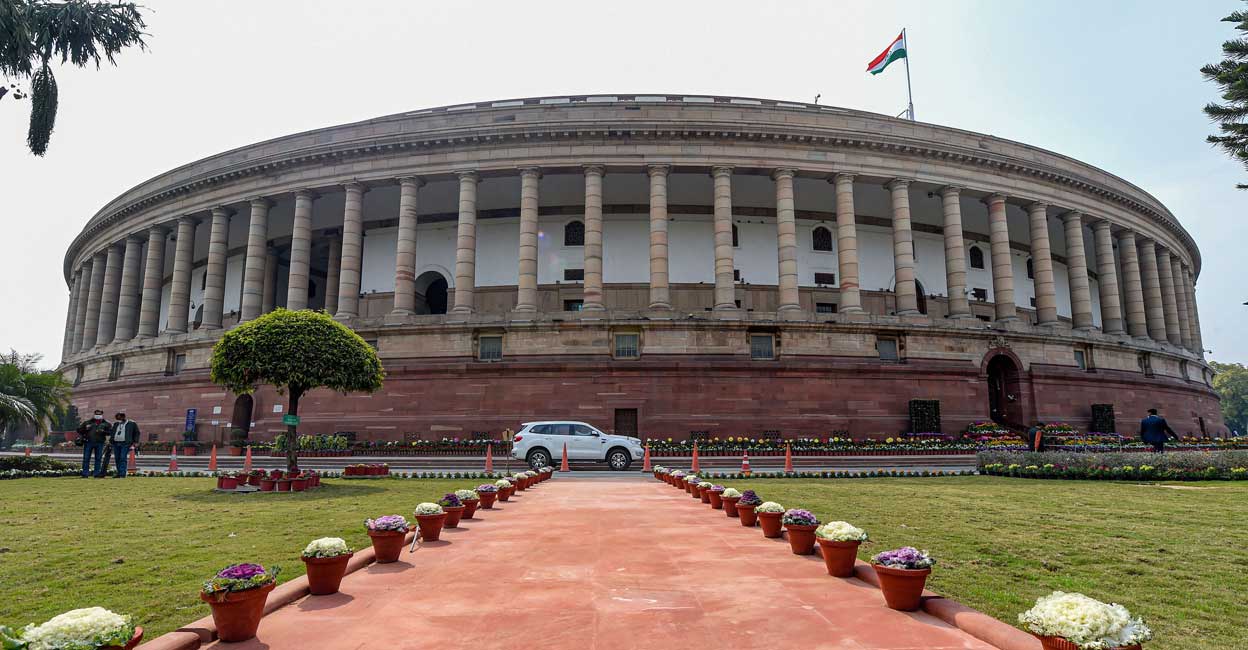
 OpinionExpress.In
OpinionExpress.In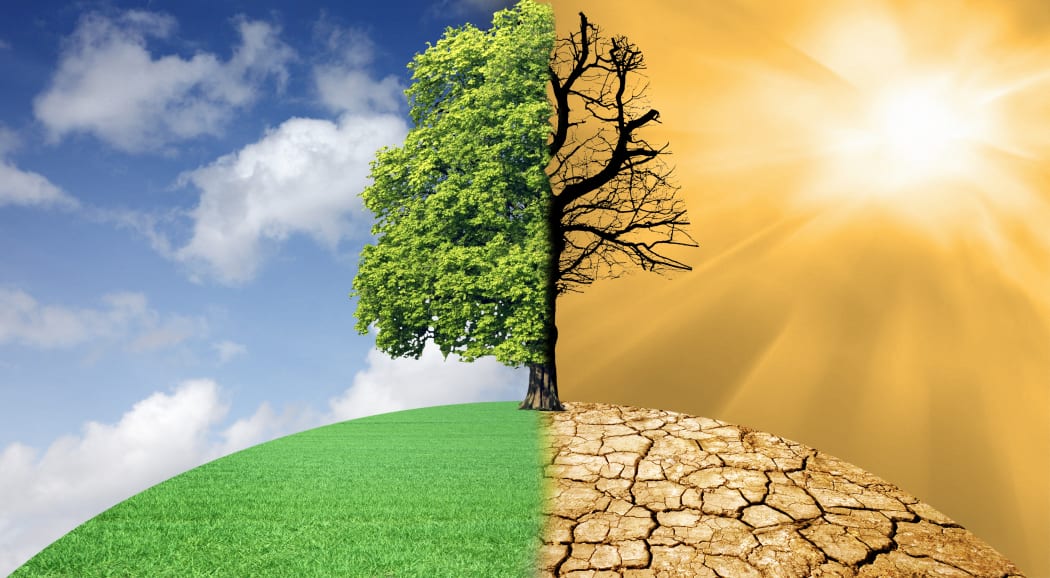
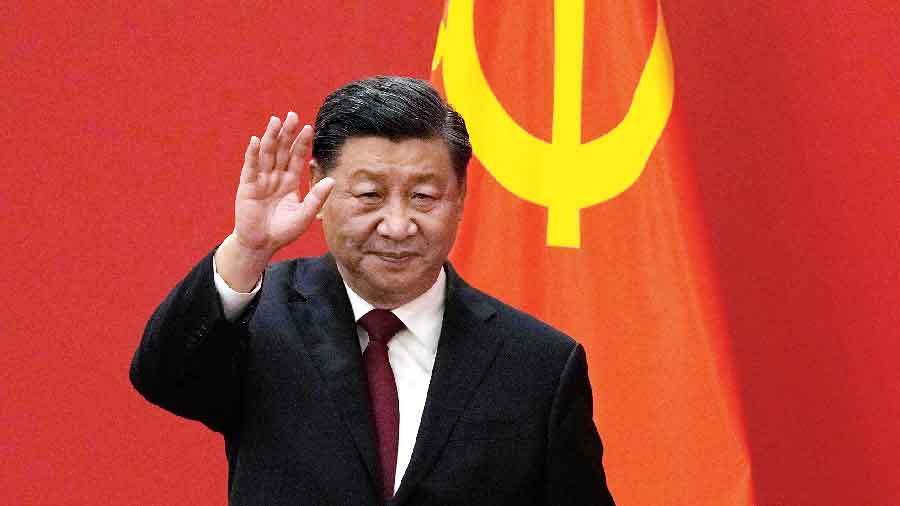

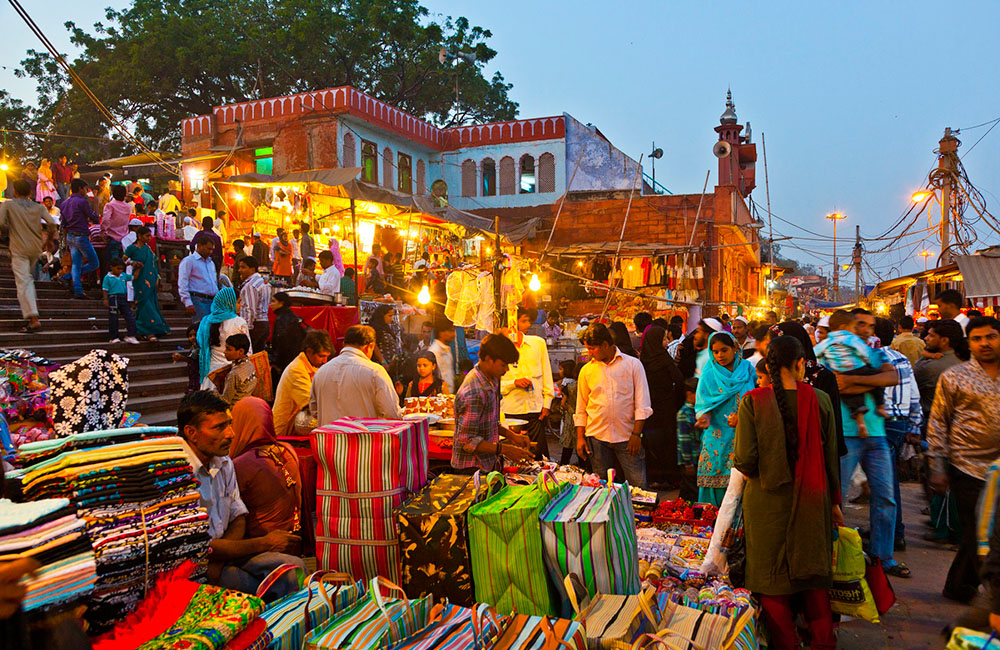
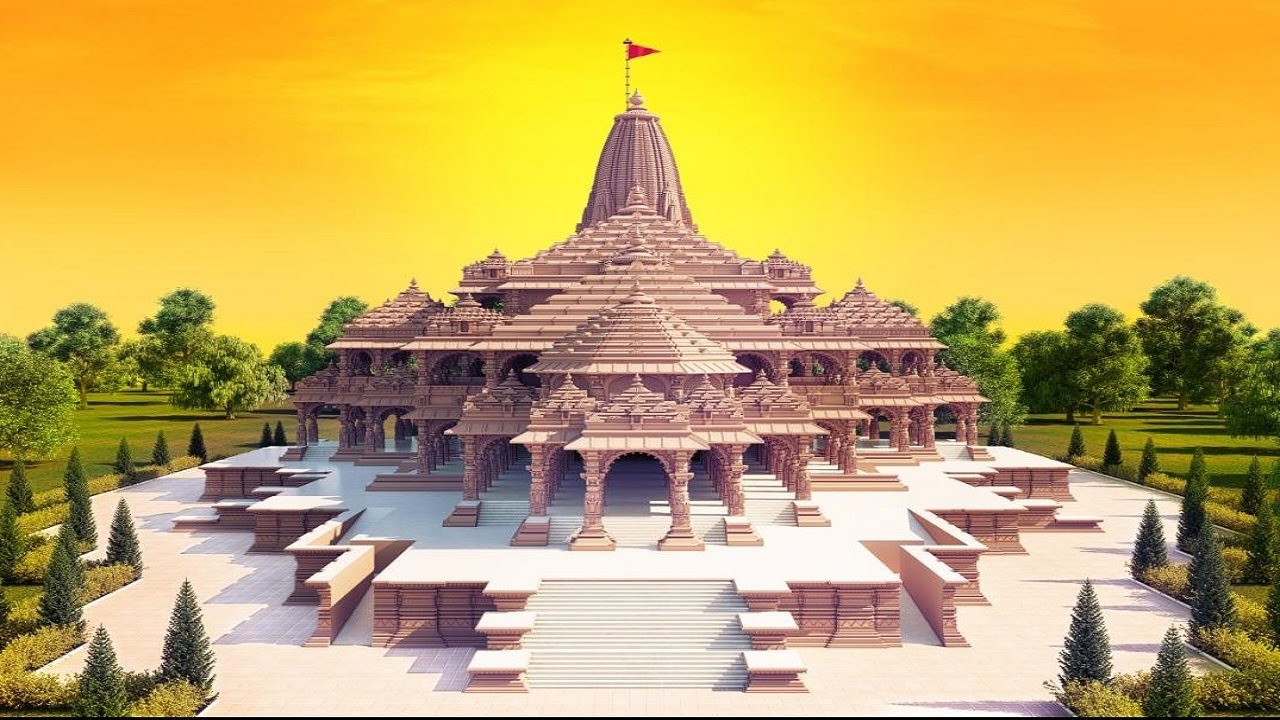
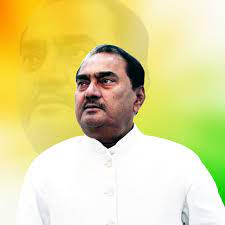
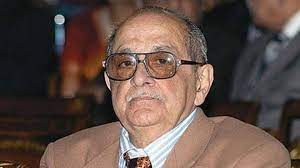
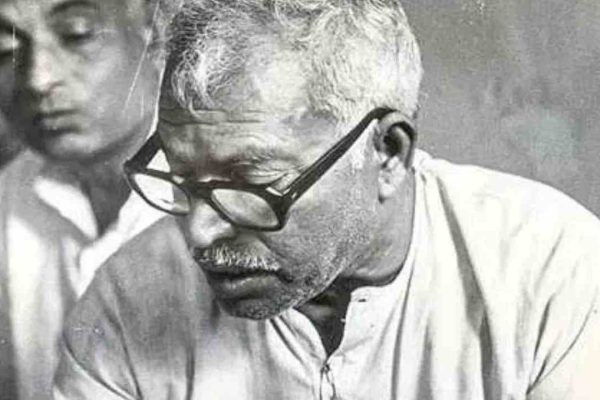
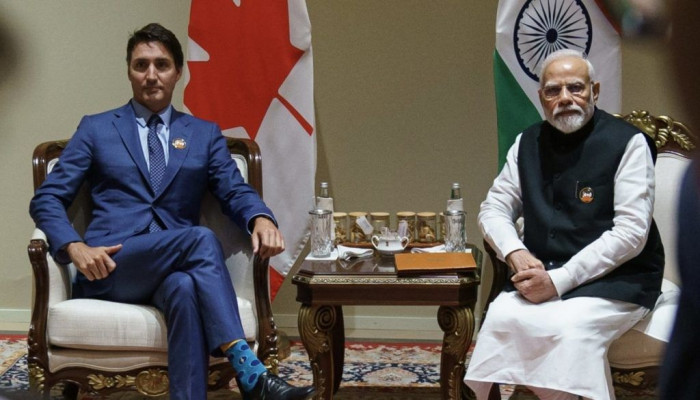
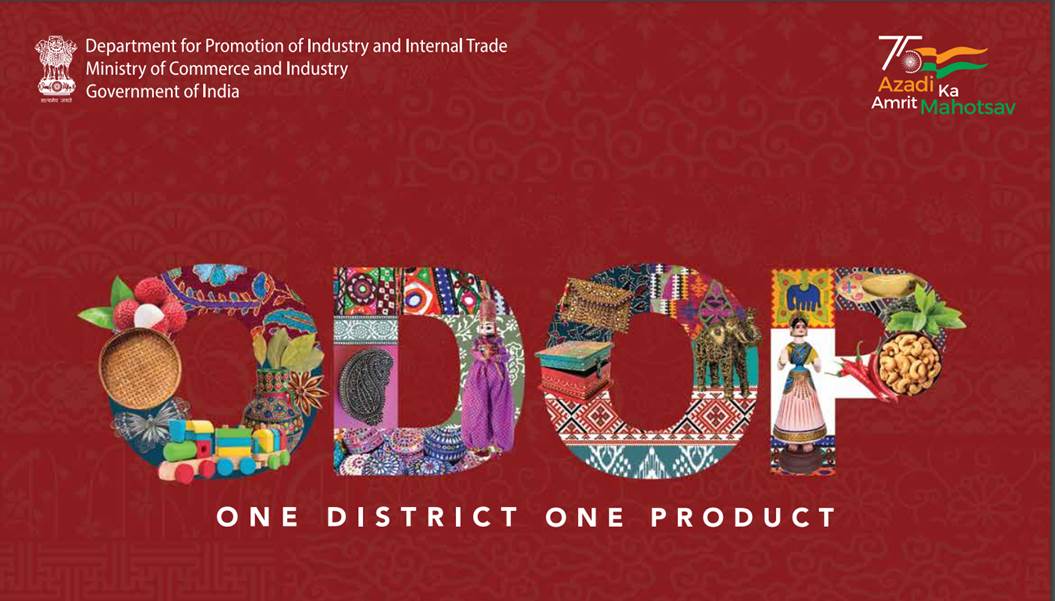






Comments (0)